Heating when the grid is down:
Beyond lighting, cooking and general home operation, the biggest risk to home comfort and security in a power outage is not being able to heat your home. Lighting with candles and eating a cold dinner is manageable, but not being able to keep your house warm in winter is another matter altogether.
Obviously, if you heat electrically (furnace, baseboards, boilers, heat pumps, etc) you're beat if the grid goes down, but even getting a gas or oil furnace to operate will require electricity. Almost all pellet stoves require power to run a hopper to feed fuel into the fire (with two exceptions) so, outside of the most efficient passively-heated homes, it's really just a traditional wood stove that will save your bacon (or help you cook it) when the power is out.
A photovoltaic (PV) solar array that is designed to run the basic systems of your home, excluding heat, likely wouldn't be enough to heat your whole house if you diverted power to heating, but in the event of an extended power outage it might be able to supply you with just enough heat for critical areas to prevent you from having to seek shelter elsewhere. And this is something that can only be achieved if you have your own in-house battery backup-system to store power.
Will solar panels give you cheap energy?
Your local electricity rates weighed against the 'per kilowatt hour' rates for installing home PV systems is really what will determine the value and payback period; but system prices, product quality and warranties keep making PV solar panel systems more enticing and competitive. A solar contractor will have those answers for you.
Being at the mercy of fluctuating electricity rates can be eliminated by a PV system and battery backup. Even with a system that doesn't meet your full daily needs, batteries can be charged by the grid during low-rate hours, allowing you to feed off it during peak-rate hours without paying through the nose.
Watch for this sort of thing to take hold moving into the future as battery technology improves and prices come down. If equipping commercial and residential buildings with power storage starts to become mainstream it would address a serious shortcoming of renewable power, which is that you can't always get it when you want it - the wind doesn't always blow and the sun doesn't always shine. And a major criticism with wind turbines is that you get a lot at night when you don't need it, so being able to store excess wind power makes it far more viable.
Protecting your home from flooding:
When do you get power outages? Most often they are caused by severe storms with heavy rainfall, when wind can drop branches on power lines and cause failures. Is your house at risk of flooding and do you have a sump pump? Will it be able to function when the power is out? PV panels can ensure that they will, and in the absence of those it can be worth looking into a dedicated sump pump battery backup.
Fridges and freezers:
Those among us who think in terms of home resilience and autonomy during adverse situations likely have a few supplies packed away in a freezer, and if you go too long without power you may end up with an expensive pile of inedible food. The easiest solution to that, particularly in areas that have far more power interruptions, is a small portable generator. It's not something you'd necessarily need to run all day every day, but powering it up to blast some cold into your fridge and freezer for a half hour once or twice a day can protect your food supply.
Greenhouse gas emissions:
The way the grid operates is that your home is effectively fed by the closest power source. Meaning, if you live next to a nuclear power station or a gas or coal plant, that is how your house is powered. If you live closer to a hydroelectric dam, solar farm or a windmill, you are already a consumer of renewable energy.
Guided by that sort of thinking, from a climate-conscience point of view, it is your local power source that really determines whether you will be reducing your personal emissions by installing solar panels.
Installing home battery systems:
In the earlier days of off-grid home construction and home power storage, the only home battery option on the market was the lead/acid variety. The unfortunate realities of their size, cost, lifespan, material composition and lack of recyclability made installing one less of a noble gesture and more of a move towards self-preservation (not that there's anything terrible about that). This is actually changing now - lead/acid batteries still take a large share of the home battery market, but new lithium-ion batteries are constantly hitting the market with better capacity and 'smart' technologies that allow battery systems to adapt to your personal consumption patterns.
Transmission line losses:
Supplying power over great distances to areas without local generation leads to a lot of line loss during transmission. Micro-power generation can greatly reduce that; it also decentralizes power so less people are affected if one source goes down.
Resilient home design:
Achieving autonomy and resilience in home construction is not only possible, but contrary to popular opinion, it can actually be quite affordable. The size and cost of a solar panel system is determined by your demand, and your demand is determined by your use. If you reduce your interior loads by opting for things like heat pumps, LED lights and water-saving faucets, and make sure you fix leaking faucets to save water, you save money directly but you also reduce the size of the solar panel system that would be required to meet your demand.
Now think of that in terms of heat - insulation is cheaper than solar panels, so that should be your starting place. If you reduce the heat loss of a home by 70-80% (which is not that hard to do with a new building), you reduce the amount of panels required for heating by that same amount and suddenly heating a house with an active solar panel system becomes more realistic. Even more so if you design for passive heating as well, which can potentially cut demand in half on its own.
It is our humble opinion that financial resources are often squandered in home construction when we assume there is no affordable performance option beyond the tragic heat loss that occurs through houses built to meet the outdated performance requirements of Building Code. In such cases, we apply large sums of money towards heating infrastructure and operation, money that would have been much better spent reducing heat loss in the first place by investing in a better building envelope.
For more articles all about living off-grid see here, from the EcoHome Green Building Guides
























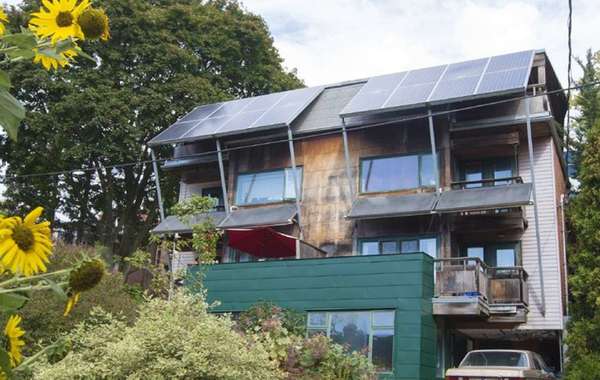
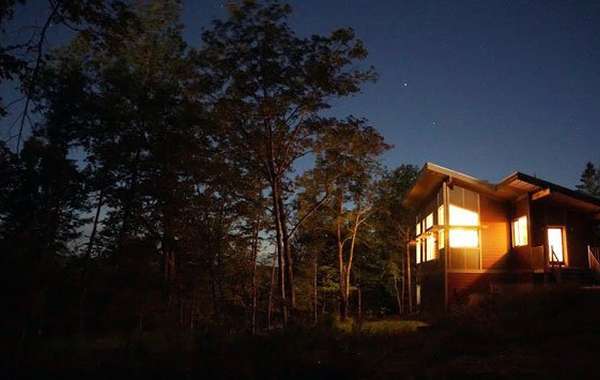
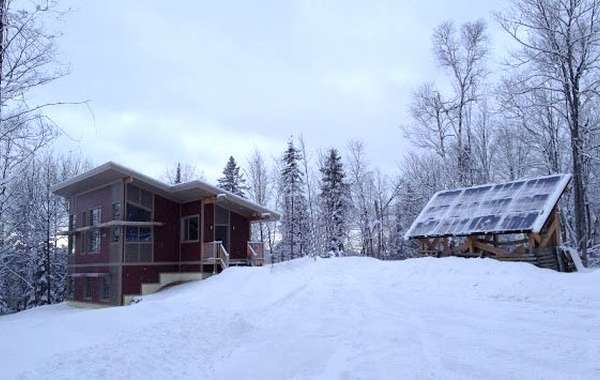

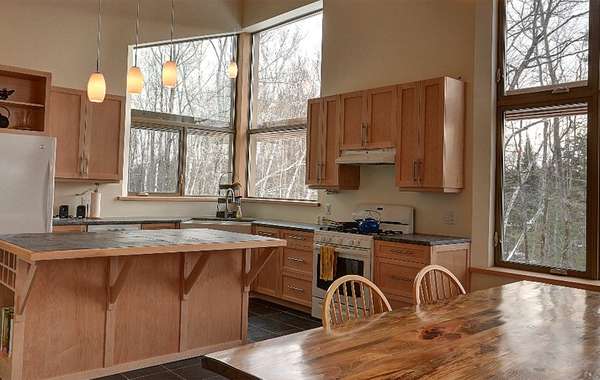

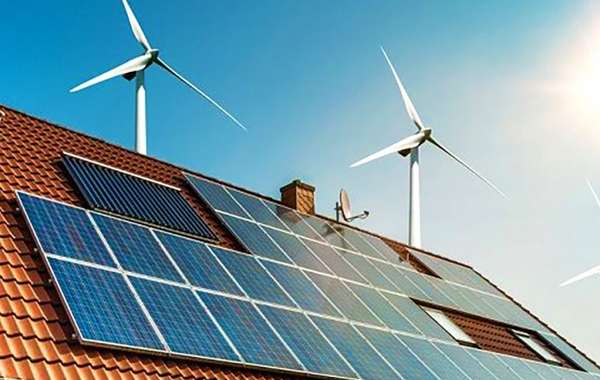

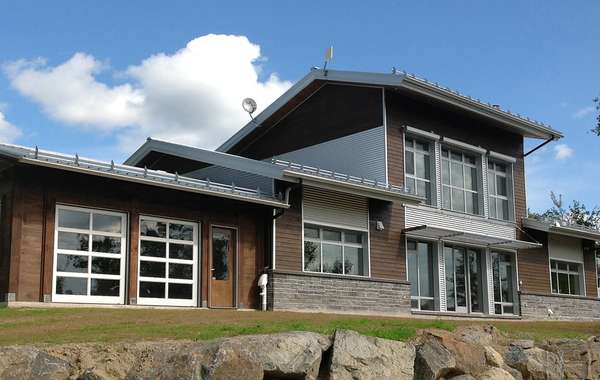
Comments (0)
Sign Up to Comment